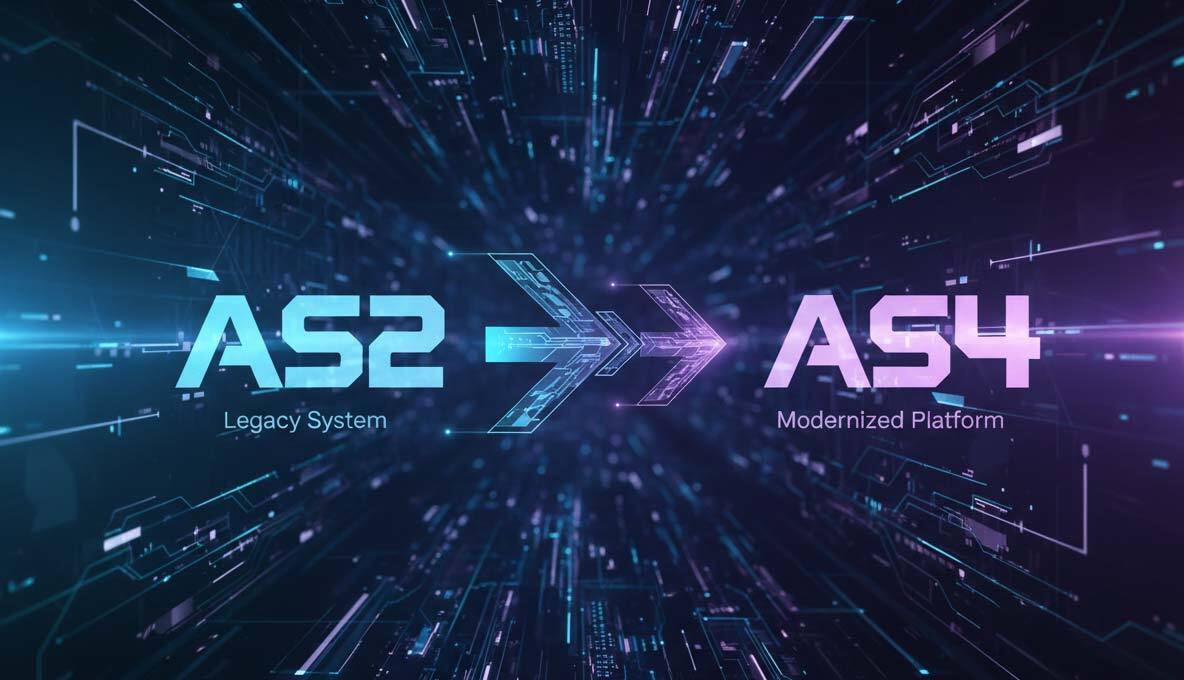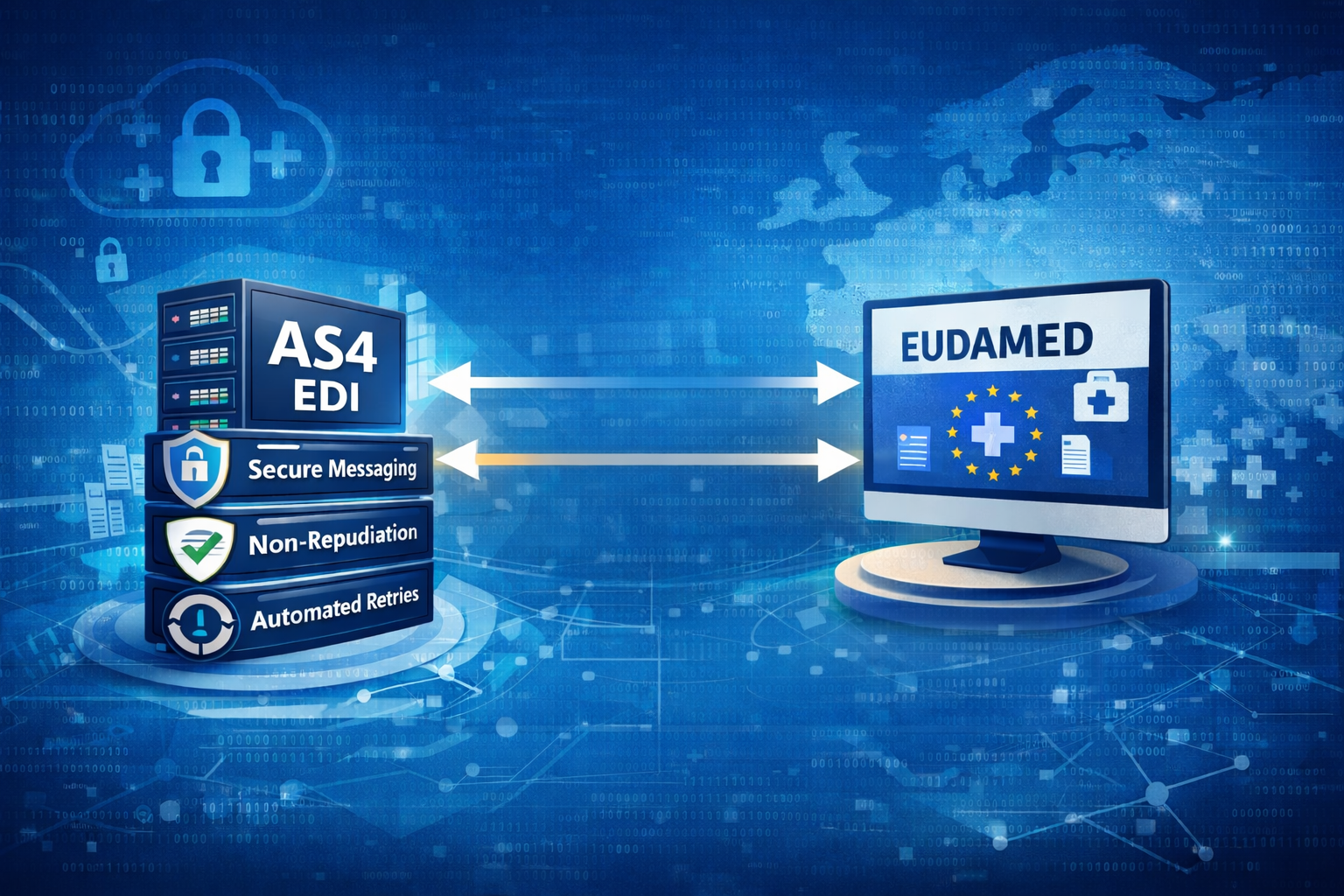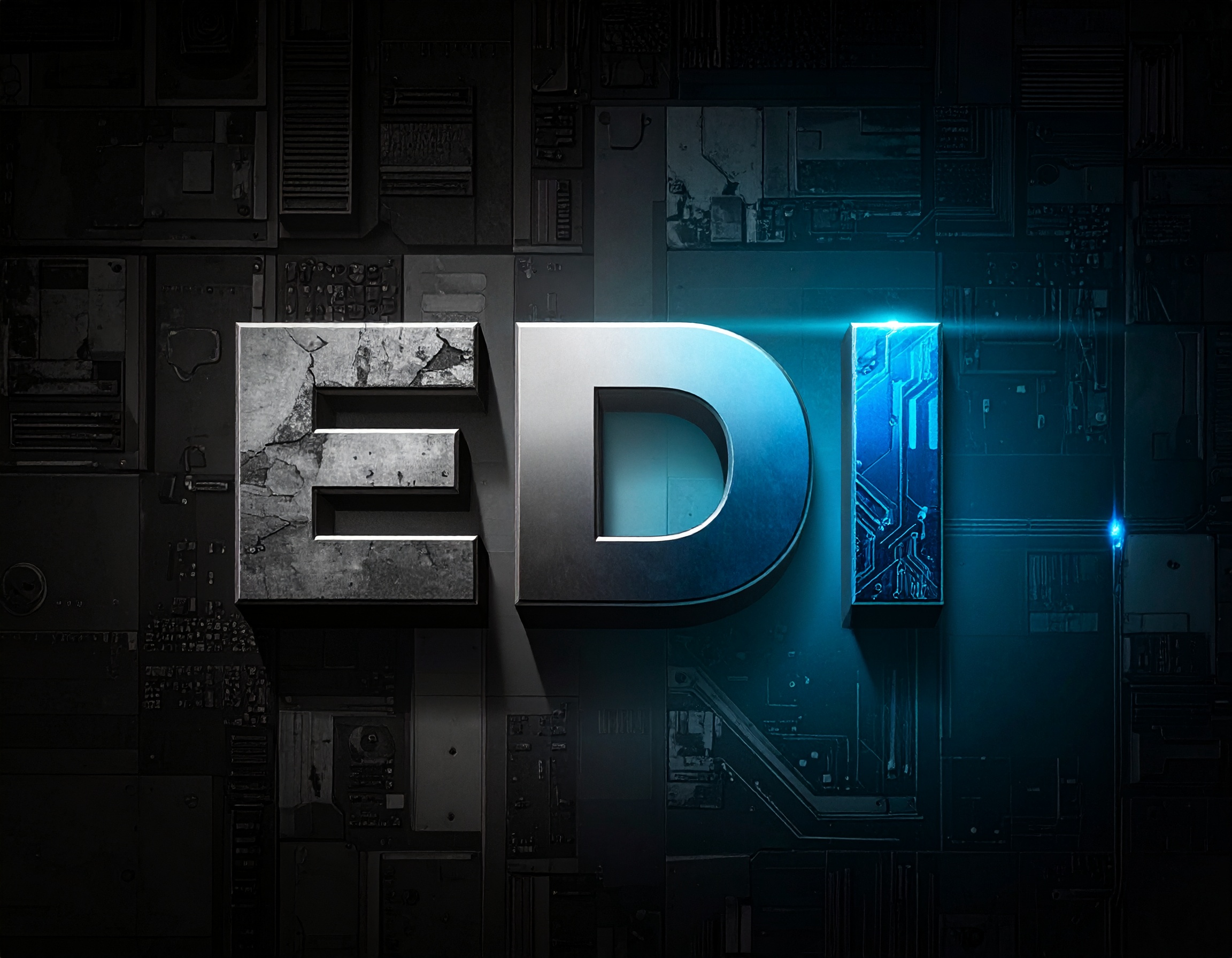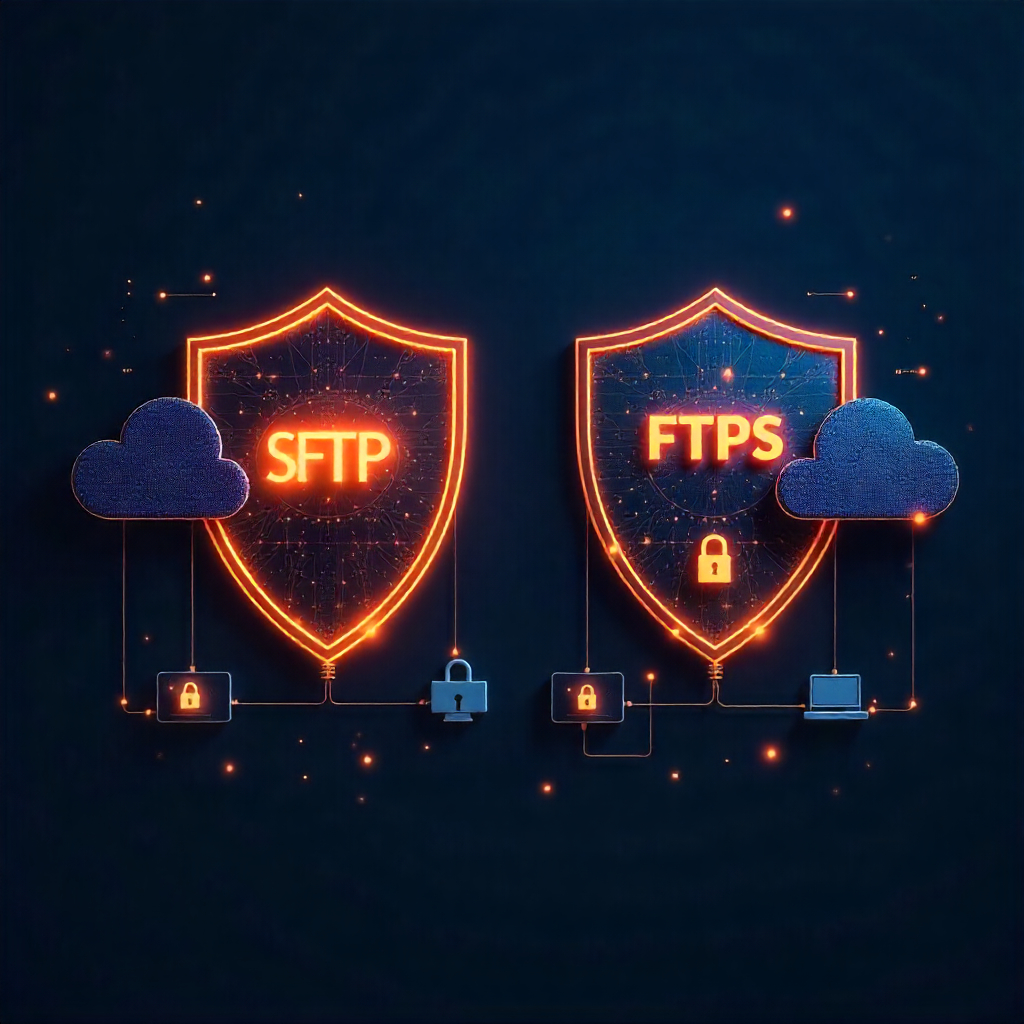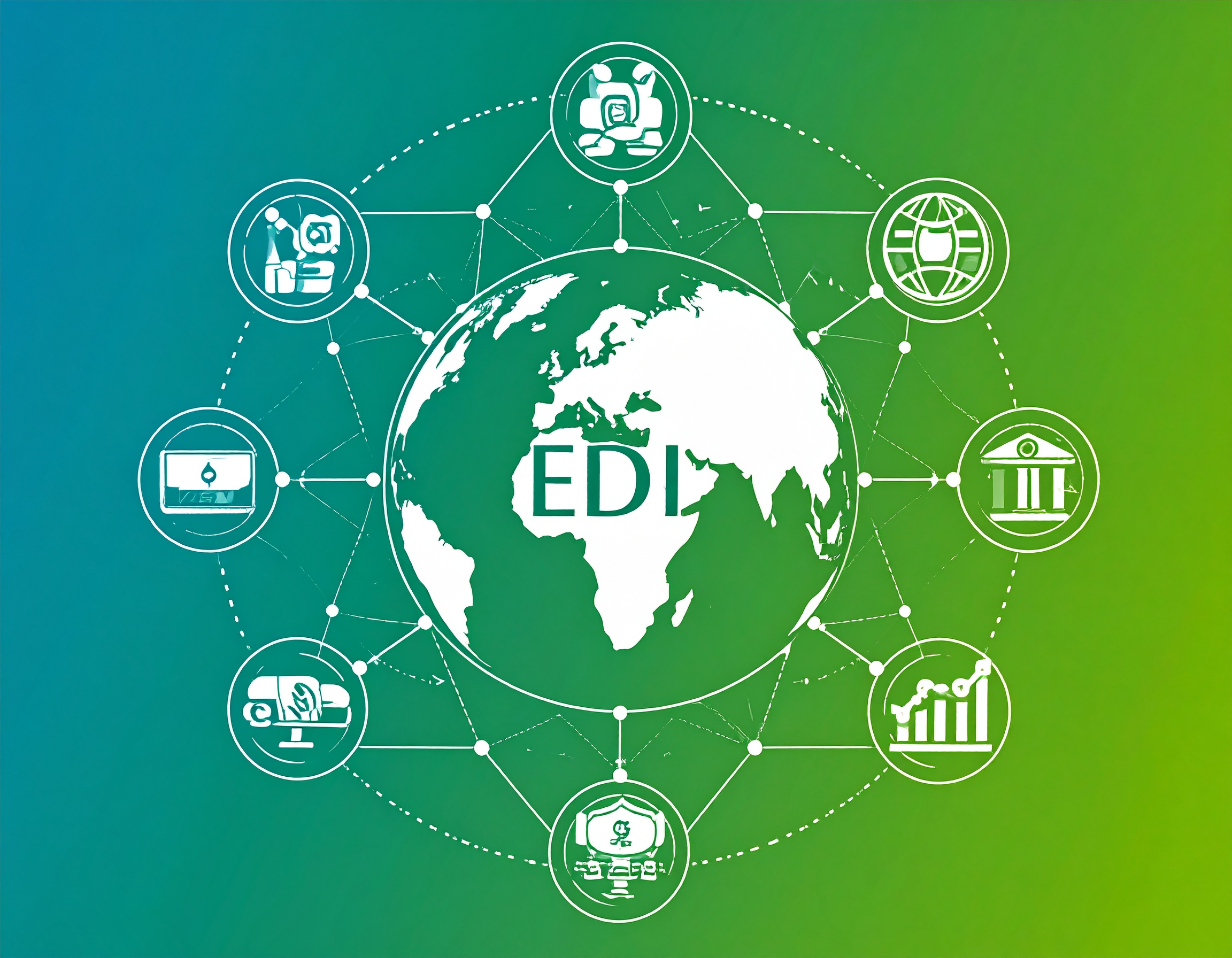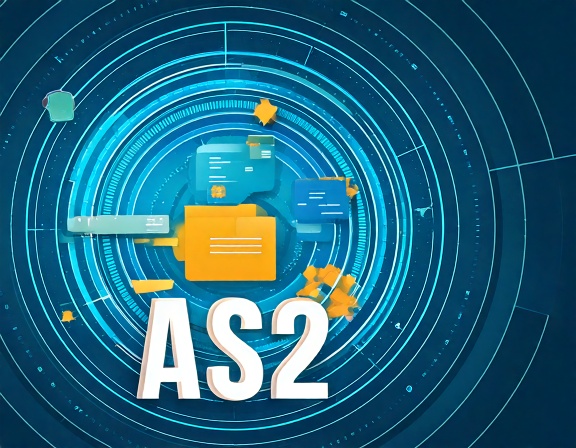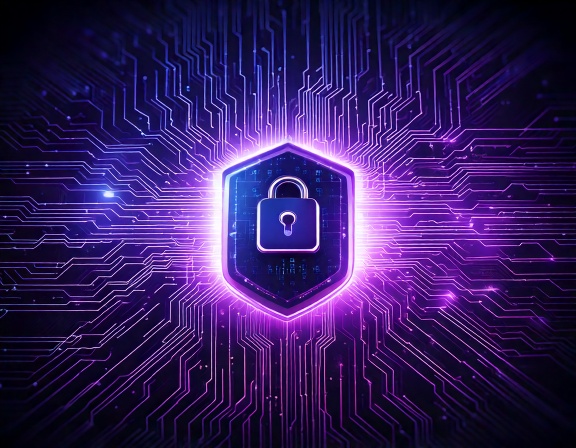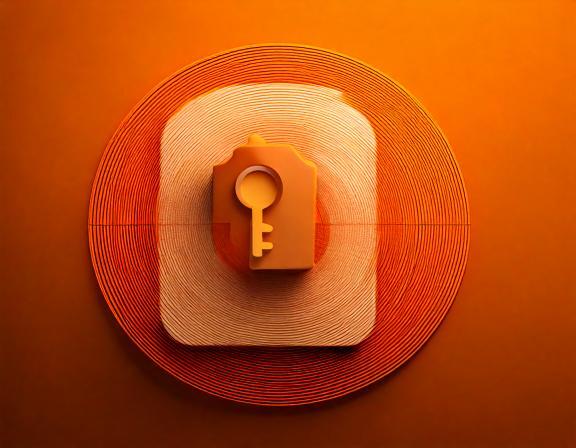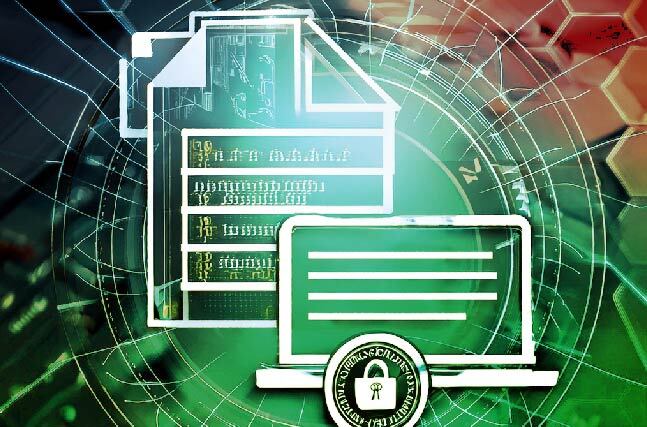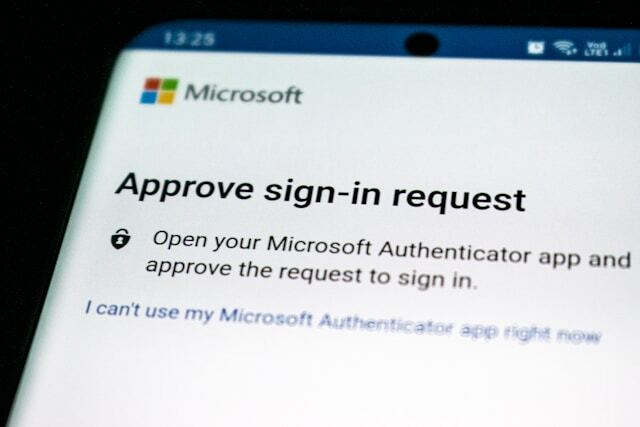MFT Gateway is a hosted Software as a Service (SaaS) solution that enables file exchange over the AS2 or SFTP protocol, without the need to install or maintain.
- Blog
- Different types of AS2 certificates
AS2
Different types of AS2 certificates
Discover various AS2 certificates like SSL, TLS, S/MIME, and the differences between public, private, and CA-signed certificates for secure communication.

Lahiru Ananda
Published: 11 Sep 2024

Digital certificates are vital for the security of communications on the Internet since they guarantee both the privacy and integrity of data transmitted across the web. Digital certificates serve as a critical mechanism for building trust among communicating parties by encrypting the information being exchanged so that unauthorized parties cannot access or harm it remotely.
What is a digital certificate?
The word “digital certificate” sounds like something that we would hear when talking about computers or internet security. But what does it mean? A digital certificate is basically an electronic document that verifies the identity of a website, a person, or an organization, hence offering safe communication via the internet. It acts as a type of electronic identification that holds and verifies the identity of the certificate holder and has been validated by a trusted Certificate Authority (CA).
Digital certificates fall under the domain of Public Key Infrastructure (PKI), which consists of two types of cryptographic keys: a public key and a private key. The public key is shared with others, while the private key remains secret all the time. Consequently, this means that all data encrypted with the public key can only be decrypted with the corresponding private key, thus maintaining integrity and authenticity in data encryption.
Types of digital certificates
Different digital certificates play distinct roles in safeguarding online communications and the information being transferred. Understanding the various forms of such certificates is crucial when choosing the appropriate certificate for your needs.
-
SSL Certificates: The most common digital certificate types are Secure Socket Layer (SSL) certificates, which encrypt the data exchange between web servers and browsers, thus ensuring the safe transmission of sensitive information.
-
TLS Certificates: Transport Layer Security (TLS) is the modern successor to SSL, offering more powerful encryption and safety features better suited to modern web environments.
-
S/MIME Certificates: Secure/Multipurpose Internet Mail Extensions (S/MIME) certificates are used to keep email messages safe. These certificates encrypt email messages and sign them digitally in order to keep the contents private and unchanged in transit.
-
Email Certificates: Just like S/MIME, email certificates also maintain the confidentiality and integrity of emails while being adaptable to greater encryption demands.
-
Code Signing Certificates: In the world of software development, code signing certificates serve as the seal for an application, confirming that it has not been manipulated and ensuring its authenticity to users.

Simplify your AS2 connections and make B2B communication faster, safer, and easier than ever.
SSL Certificates
SSL certificate is a digital certificate that verifies the identity of a website and creates an encrypted connection between the web server and a user’s browser. It is similar to an electronic passport, aiding in proving the existence of such a website and providing security for communication.
A primary purpose of an SSL certificate is to secure all information traveling through the web by encrypting that data, which is sent from the user’s browser to the site itself. Such measures help prevent any unauthorized party from intercepting or altering the data, thereby safeguarding sensitive information such as passwords, credit card numbers, or other private details. Moreover, SSL certificates help build trust among users by displaying visual indicators such as padlock insignia and “https” in the URL bar, confirming a secure internet connection.
TLS Certificates
A TLS (Transport Layer Security) certificate refers to a digital certificate that gives an identity to a website and allows secure communication over the internet. This certificate is the successor to SSL (Secure Sockets Layer), which has more advanced protection and gives better reliability when compared to its predecessor. TLS certificates are typically used by web servers to establish secure connections with users’ browsers, ensuring that the information exchanged remains private and safe from manipulation.
Differences Between SSL and TLS Certificates
The main distinctions between SSL and TLS can be found in their security characteristics as well as their performance metrics. TSL, on the other hand, is an enhanced version of SSL that provides stronger encryption algorithms, improved security mechanisms, and better overall efficiency. TLS has additional features such as more secure message authentication, key material generation, and a broader range of cipher suites, which significantly enhance its security compared to SSL.
TLS is favored over SSL because of its better security and performance. There are various types of well-known security problems that make SSL less suitable for securing sensitive data in today’s online environment such as POODLE and BEAST attacks. Unlike this, TLS comes up with stronger encryption mechanisms as well as more secure protocols to deal with them. Furthermore, TLS possesses superior speed during handshake processes and less time lag which enhance modern web applications efficiency; thus making it the standard approach for secure communications while use of SSL has become old-fashioned and unsafe.
Public Certificates vs. Private Certificates
Certificates issued in the public or private domain both play a vital role in Public Key Infrastructure (PKI) to ensure secure communication and identity authentication. But they serve different purposes and are issued under different circumstances.
-
Public certificates: Public certificates are used to secure public-facing services, like websites, APIs, or email servers. The employment of public certificates ensures secure communication through the internet by encrypting data in transit and authenticating server identity to clients. Public certificates are essential in order to gain users’ confidence about whether or not a site is genuine and the data they exchange with them is safe. In fact, for instance, SSL/TLS certificates used for web pages are public certificates which have been issued by trusted CAs.
-
Private certificates: Private certificates are more often used to secure intra-communication, like connection across many internal servers, devices or applications. These certificates help ensure that only authorized entities within the organization can communicate securely, hence protecting against insider threats. Private certificates are often used in securing internal APIs, mailing systems or VPN connections. They are not meant for viewing by outsiders and are usually distrusted when presented outside the issuing organization.
CA-Signed Certificates
CA-signed certificates are digital certificates which are signed and verified by a trusted Certificate Authority (CA). CAs are entities that validate the identity of the certificate requester (such as a website or an organization) and subsequently issue a certificate whose authenticity can be trusted by web browsers, operating systems and other software applications. Moreover, CA-signed certificates help to substantiate the identity of both servers and clients thus allowing secure exchanges of data along the internet or any other associated networking.
The Public Key Infrastructure (PKI) utilizes Certificate Authorities, which hold a significant role as trusted third parties that validate the identities of organizations before issuing certificates. Certificate Authorities (CA) earn their credibility by being integrated into programs, including web browsers and operating systems which automatically trust certificates issued by recognized CAs. This is important for security during sharing data over the internet, encrypted conversations, and trusting users on other things like banking sites. If there were no CAs it would be hard to tell whether a website or any other online service is really what it says it is hence posing various risks such as man-in-the-middle attacks.
CA-Signed Certificates Vs Self-Signed Certificates
The main difference between CA-signed certificates and self-signed certificates lies in the organization issuing them. When a Certificate Authority signs a certificate, it is generally accepted and trusted by most web browsers and devices. This makes it appropriate for public websites and services concerned with user trust. On the other hand, a self-signed certificate is one that is created by the person using it without any third party’s assistance. Even though encryption can still be provided through these types of certificates, they do not get automatically trusted by browsers resulting in alerts on security making them less advantageous for public usage.
Conclusion
For protecting internet interactions, digital certificates are a must-have because they provide security, authentication, and encryption features that are important in all kinds of digital communications. By using the appropriate digital certificates, organizations and persons can keep their private information safe; avert any unauthorized access as well as guaranteeing a safe area of truth online.

Talk to an EDI Expert
Join hundreds of organizations already taking full control of their B2B AS2 communications with our trusted solutions. Contact us today to tailor a solution that fits your specific AS2 EDI needs.
Related Articles
View All BlogsExplore our product stack
Try before you buy with a 30-day Free Trial
No commitment, all value. Try the AS2 Solution Risk-Free and discover how our solutions can transform your business workflows. No credit card required.
Explore Your Possibilities
Elevate AS2 Communications with our EDI and AS2 Solutions
See how our AS2 and EDI solutions can simplify your integrations, boost efficiency, and keep you compliant—request a personalized demo today.




